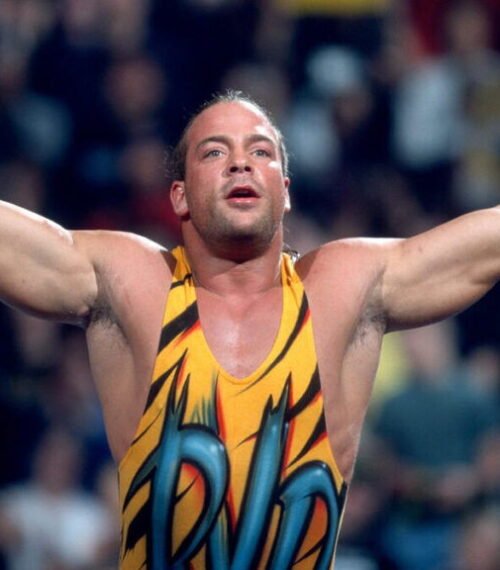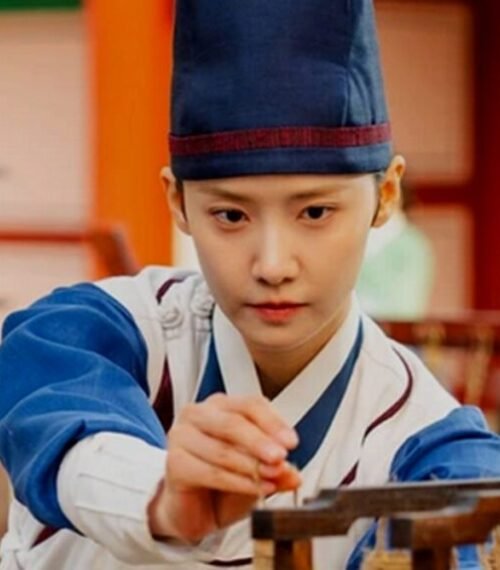There’s no denying that the presence of two buzzy stars, in this case Paul Mescal (Gladiator II) and Josh O’Connor (Challengers), can single-handedly elevate the profile of a film — no matter how quaint it might be. With other actors, The History of Sound might be a hidden gem, but thanks to their presence (despite underwhelming performances), along with strong direction from Oliver Hermanus (Living), this drama has broken out beyond its restrained nature.
The History of Sound Review
Written by Ben Shattuck from his own short stories, The History of Sound follows two men who find kinship over a shared appreciation for music when they set out on a song-collecting trip through New England during World War I. Although this is marketed as the gay romance movie with Paul Mescal and Josh O’Connor, that is arguably an oversimplification of what the movie explores.
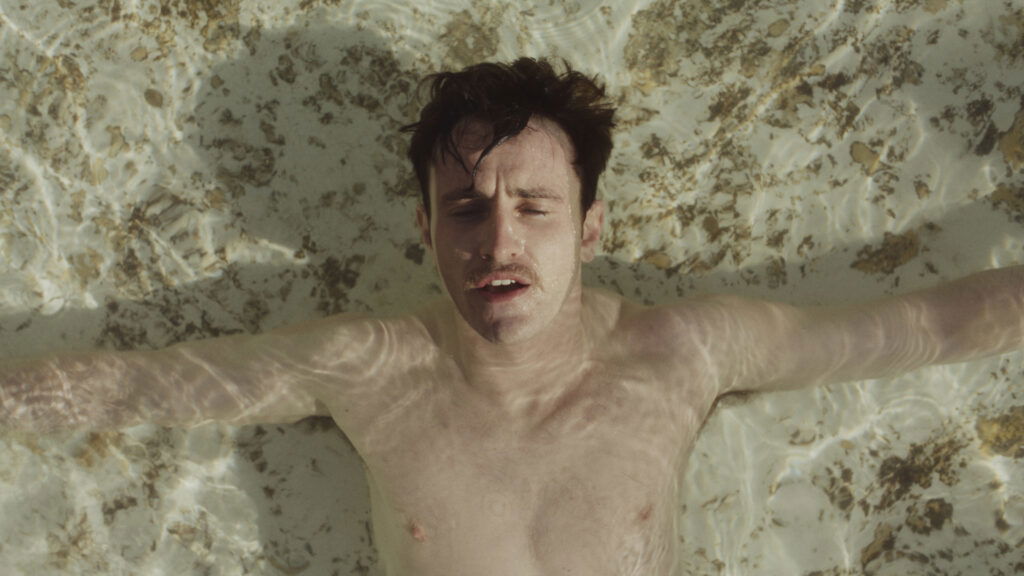
For much of the first half, The History of Sound is a fascinating, poignant, and poetic film about connection and how we use art (particularly music) to understand, record, and express our experiences and emotions. It’s refreshing to see a queer romance like this where homophobia and self-loathing are not the source of the movie’s conflict, but instead the ordinary pressures that draw the lovers apart — the same ones seen in heteronormative romances.
Yet, the restrained pacing of the first half gives way to something more chaotic in the second. A series of time jumps feels like a desperate attempt at capturing something resembling a chronological narrative when it should, frankly, be the opposite. The History of Sound
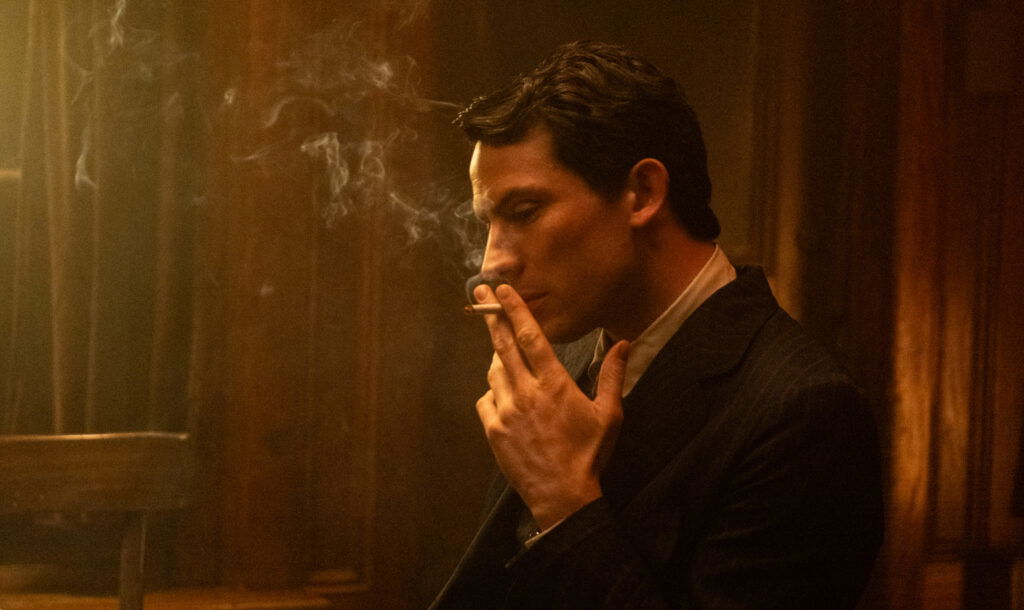
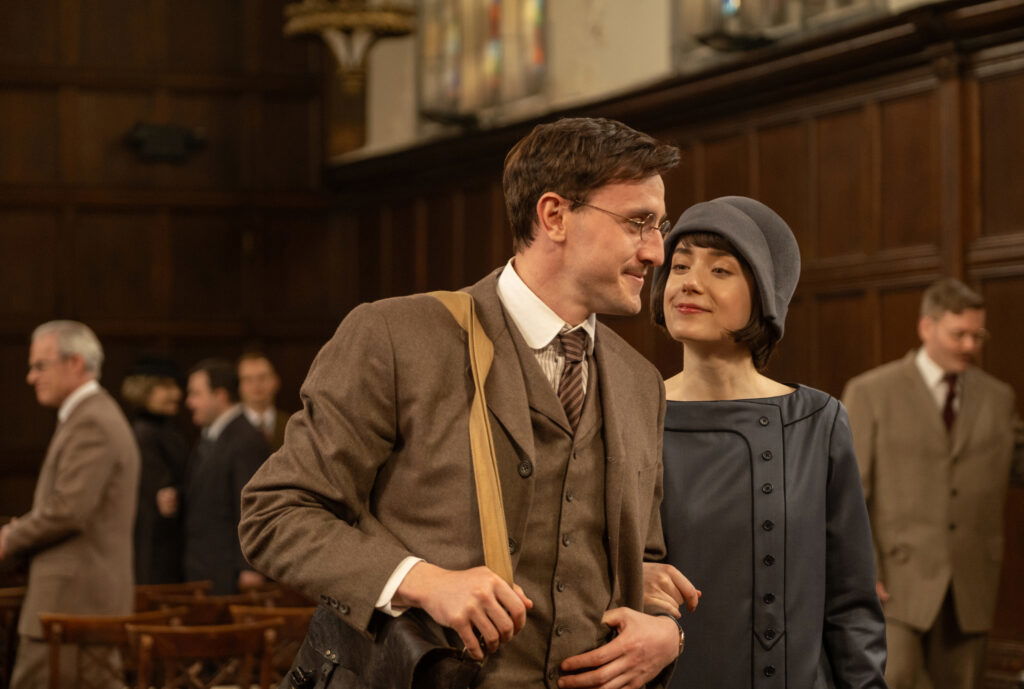
Furthermore, despite having two incredibly talented rising stars as its leads, The History of Sound does not feel like an effective acting showcase for their chops. Paul Mescal particularly feels like he’s on autopilot here, playing the exact “sad boy” role he’s played in several other films at this point. It feels like an inferior carbon copy of his work in movies like All of Us Strangers. And while the quietness of this film would imply room for subtlety of emotion, it all too often leads to an absence of emotion.
Josh O’Connor fares slightly better than Mescal despite having a less meaty role, yet it, too, feels like he’s sleepwalking through the role. He’s playing a little reserved, a little nerdy, but ineffably charming and alluring. Like Mescal, he’s doing something here that he’s unquestionably good at doing, but it feels like typecasting at this point — and a simpler version of something he has done with more complexity in the past.
Interestingly, the most impressive performance in the movie comes not from one of the two leads but from Chris Cooper (Adaptation.), whose performance has the tenderness so lacking from Mescal’s turn. Playing an older version of Mescal’s character for narration and a brief epilogue, and with his subtle touch, he takes the film from being quaint in its beginning to being genuinely humanistic. If the rest of the movie had this level of emotional nuance, it would have been more effective as a romance.
That being said, the true stars of the show are not the actors but the musicians who lend their voices to the performances of folk music scattered throughout The History of Sound. Frankly, the romance storyline is something you have seen done dozens of times before, but it is made intriguing and interesting by the frame of song collecting. Although the metaphor is perhaps not fully developed, connecting the idea of memory as it relates to the characters’ relationship to that preserved in folklore is a compelling premise.
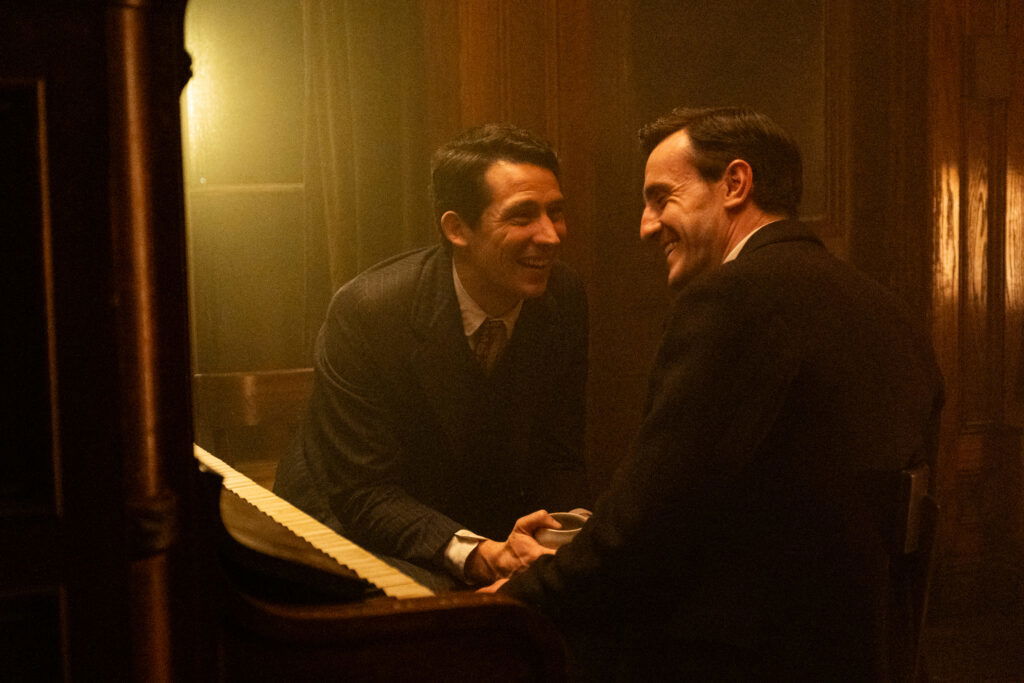
The History of Sound is also a stunning film to look at. The cinematography by Alexander Dynan (First Reformed), the production design by Deborah Jensen (Maestro), and the costume design by Miyako Bellizzi (Bonjour Tristesse) are all top-notch, effectively evoking not just the time period but a warm atmosphere conducive to the type of longing Hermanus sets out to capture.
Is The History of Sound worth watching?
Although it feels a bit too safe at times, The History of Sound has enough moments of tender humanity to stand out from the obvious comparisons. It’s not game-changing, especially as it relates to the performances of Mescal and O’Connor, but it’s incredibly pleasant and perhaps even a little moving.
The History of Sound hits theaters on September 12.


